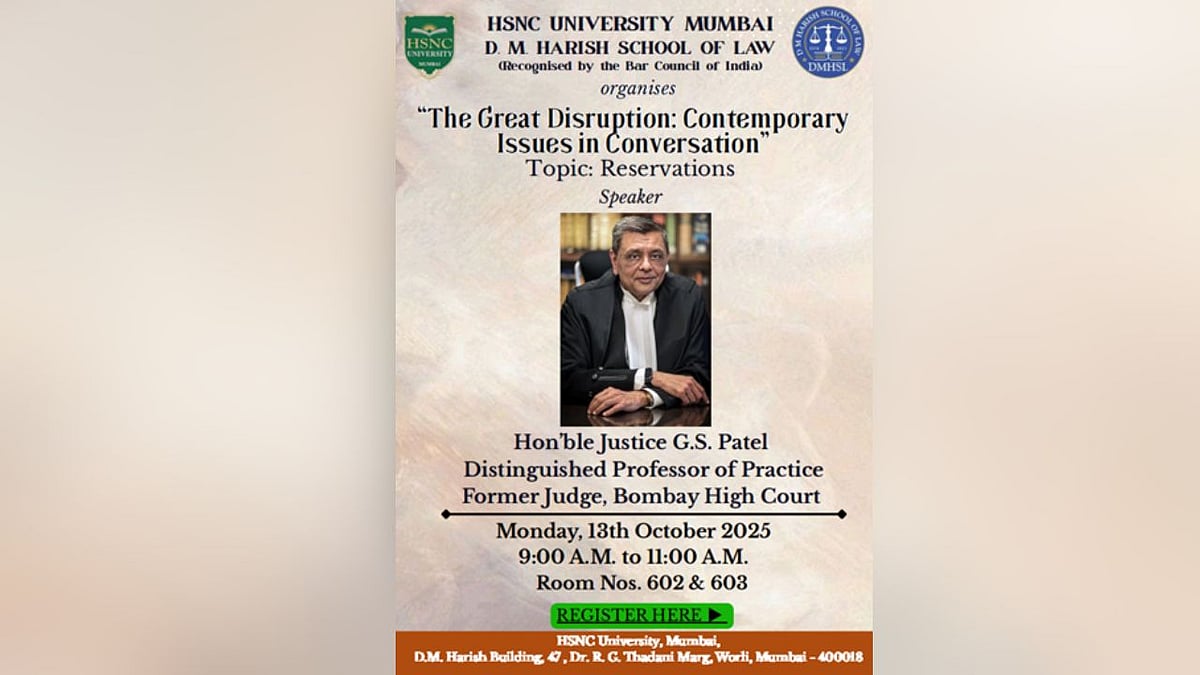In the first article of this series, I discussed some tips students should consider when applying to U.S. universities. In this article, I will discuss academic life on a U.S. campus and what Indian students going to the United States to study should know before joining a U.S. university or college.
Flexibility of the study program:
The flexibility of the study programs is one of the hallmarks of the U.S. higher education system. The ability to change majors, even in the third year of undergraduate study, allows students the opportunity to sample various fields and then decide which area to pick as their major. In addition, the ability to do a double major, or a major and minor in diverse fields, provides students the option of exploring all their interests and gaining expertise in different areas that might help them in their chosen careers. For example, a student might major in mechanical engineering while having a minor in philosophy because the student wants to work as a mechanical engineer but is also interested in learning philosophy.
The flexibility in study programs is also seen in graduate programs (though with a lower degree of flexibility), where students can pick and choose which classes they want to take depending on the skills and knowledge they wish to attain during the master’s program. A student who is studying in a computer science master’s program with the goal of having his/her own technology startup will get the technology knowledge from the computer science graduate course. However, the student might also be allowed to take courses in entrepreneurship or business from the business school, an experience which will provide the student with additional knowledge about establishing a company to meet that student’s unique goals.
Students pursuing higher studies in the United States should think about what they hope to achieve and then take courses that will help them achieve these goals. While pursuing my doctoral studies, I had to do statistical analysis on the data I collected from my experiments. Since I had not taken any math or statistics courses after high school, I had to learn how to do statistical analysis late into my doctoral studies. I could have saved some time and effort if I had the foresight to take some statistics courses in my undergraduate or master’s programs of studies.
Teaching styles:
At most U.S. universities and colleges, the professors have control over what they want to teach and how they teach a particular course. This leads to a wide range of teaching styles on U.S. campuses. Most professors teach the course in the system we are familiar with in India, but some courses might be taught using different models to encourage active engagement in coursework and learning, such as a series of case studies, group discussions, or a series of projects. Students should talk to senior students who have taken the courses they intend to register for to learn about the teaching style of the professors. This is important since each student learns differently and may prefer one style of teaching over another.
Classroom expectations:
During the first day of class, each professor will provide a syllabus to all the students taking the class. The syllabus will contain information about the topics that will be taught, the grading system that will be used, and the dates that assignments are due. In the United States, the syllabus is an important document that is treated as a contract between the professor and the students. Students are expected to understand the grading system for the class and know the deadlines for submission of assignments and reports listed on the syllabus. The professor may or may not remind students that a report or assignment is due. The syllabus will also mention details about how assignments are to be completed, i.e. individually, in groups with the group submitting one report, or working in groups but each member of the group submitting an individual report.
Another expectation in U.S. classrooms is that students participate in class. Whether it is during the lecture or in discussions, students are expected to contribute to the discussion. In many cases, participation in the class will constitute part of your grade. To participate in class, students read about the topic that will be discussed beforehand. This is where the syllabus plays an important role in informing students about the topic that will be discussed each week. While participating in class, students in U.S. classrooms are expected to voice their opinions and not just to talk about something that they may have read while preparing for the class. Thus, students need to have a deep understanding of the topic to be able to defend a position, analyze critically, and consider multiple viewpoints for the class discussion.
Professors expect students to do their own work unless they are told to work in groups. Students can study together, but they are expected to write their own reports. Academic integrity is a very serious issue on U.S. campuses. I will discuss more about academic integrity and how to make the most of your time on a U.S. campus in the next article.
For more information, please visit the EducationUSA website (https://educationusa.state.gov), and for individual questions or direct counselling with an EducationUSA adviser, please write to USEducationQueries@state.gov
(This author is the Regional Officer at the United States–India Educational Foundation.)











